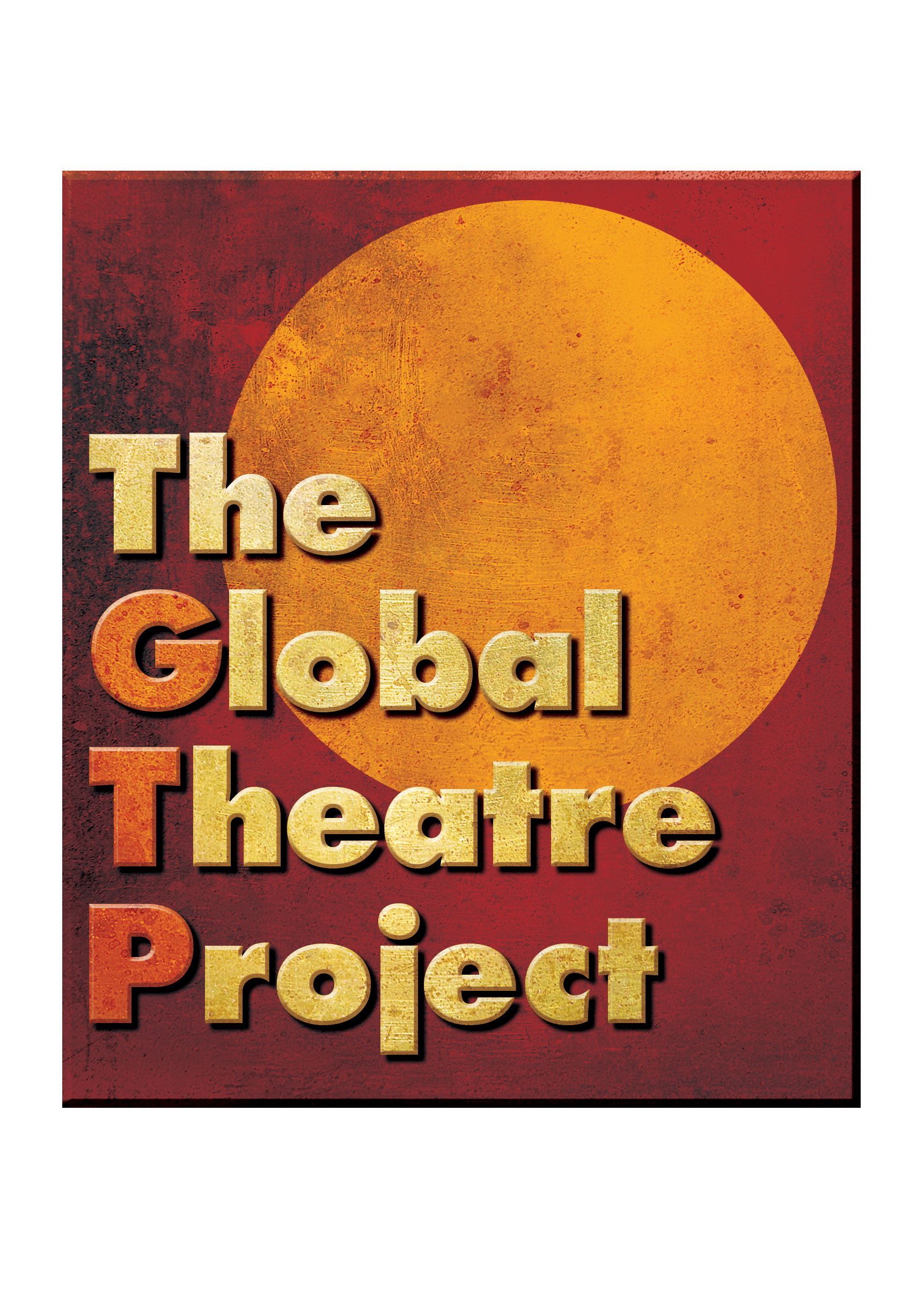Legacy and Learning
Recently I have come to understand something. About my work and my approach to The Global Theatre Project. And I feel it is important because it connects to how we will continue in the future, how we will approach educating students and creating work.
I have been taking the perspective that there is basically something wrong with the world and it needs to be fixed. That we, as a species, are on a destructive course from which it seems we will not repair our wrongs. I have observed myself so very angry at what we do and at other times inconsolably saddened by our ignorance and cruelty. I have taken the perspective that we have to use our projects at The GTP to mirror the horrors of our own making so that we can face them and address them with a sense of responsibility and ownership.
And now I feel that I have been very, very wrong in doing this.
This perspective works in contrast to my belief – actually more than a belief it is a knowing – that the world is basically good. That Life, when it is allowed to flow, is miraculous and abundant. And that human beings are capable of extraordinary things. Every single one of us is exceptional and miraculous.
So really it is not that something needs to be fixed. Because in addressing the issues that surround us by attacking them aggressively we are, actually, participating in the malady of mankind. The action that I believe must be taken is to explore a sense of goodness, of rightness in humanity. Our obligation is not to undo but to do. The world we experience daily – glancing in open kindness into a stranger’s eyes, observing a person helping another through a moment of life – offers the courageous simplicity needed to build faith in a healthy humanity. And from that perspective of both the observer of the wonder and the makers of wonders is where the work should focus.
The challenge I am presenting myself with is to consider how to create work that doesn’t hide from the truth of what we are currently creating in our violence, wars, environmental destruction, but resists deconstructing what we oppose and puts efforts into constructing what we stand behind.
It is from this perspective that I hope to guide The GTP Institute, Creative Corps and all future projects of The Global Theatre Project.
But this also requires a deep level of inquiry, of exploration. . . . and this is where the question of Legacy and Learning takes a front seat. As many of you know my father passed away not too long ago and this, along with my 50th birthday, brought to question what is passed on. What is left behind. But I don’t think we can keep that question in a place of individual concern. I think it is a collective one. What are we leaving behind?
When we think of global citizenship, which is in the heart of The GTP mission, that question has to be asked, and asked, and asked again. And that is where the learning enters. So, I have been thinking about the influences on my perspectives. A lot of it comes from my recent return to studying Shambhala buddhism. And a lot of it comes from my love of theatre and its processes which is imbedded with a recognition of the power of community. And, of course, my past teachers and mentors.
As we prepare for the eventual launch of The GTP Institute I have been thinking about the reading list I want to create for our future students. But then I thought these books had great influence on me and I would like to share them generally. And then I wondered what else was out there. What do you feel are texts, videos, poems, songs, artwork, etc. that could be added to a preparatory list for exploring global citizenship and creative, celebratory leadership?
These are a few of mine:
The Shambhala Principle: Discovering Humanity’s Hidden Treasures
by Sakyong Mipham
Crowds And Power
by Elias Canetti
Acting Together: Performance and the Creative Transformation of Conflict
by Cynthia Cohen and Roberto Gutierrez Varea
Being Peace
by Thich Nhat Hanh
New Creative Community: The Art of Cultural Development
by Arlene Goldbard
Aristotle’s Poetics
VIDEO: Music and Memory
SEND US YOURS AT: info@theglobaltheatreproject.org AND WE WILL BEGIN A RESOURCE LIST TO SHARE WITH OTHERS


Francesca Harrison
You haven’t been “wrong,” Bari. You’re on a path of conscious evolution which, according to the principles of the Science of Mind–where I’ve been working for a awhile–as talked of by Ernest Holmes and many other New Thought philosophers, can come about only by the involution of the Spirit within. So “wrong” isn’t really wrong, for there are no mistakes, and there is no choice that cannot be made again. And again. And again. We are made to expand and grow. This is the response-ability (Spelling & word split is intentional) each One of us has, whether we choose to exercise it or not. Bravo, Bari.